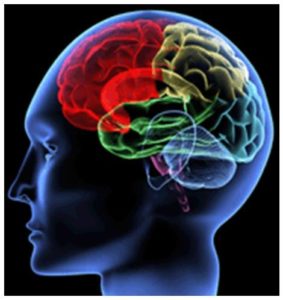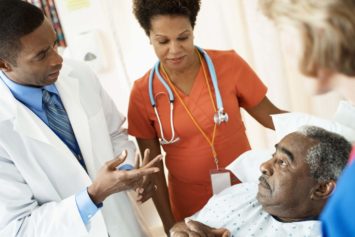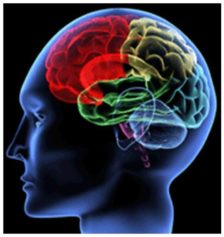Research findings just announced at the Canadian Stroke Congress provide hopeful news for stroke victims. A treatment has been documented that can improve memory, language, thinking and judgment problems by almost 50 percent — all within about six months after a person suffers a stroke. The therapy isn’t a new big drug or surgical treatment. Instead, it is simply consistent exercise that triggers healing in the brain.
Forty-one patients, 70 percent of them with mild to moderate walking problems requiring a cane or walker, took part in a five-day-a-week aerobic and strength/resistance training program that was adapted to their physical limitations.
The workouts included walking, lifting weights and doing squats and were designed to imitate activities most healthy people would do in daily life. The results? At the conclusion of the program, the researchers found “significant improvements” in overall brain function in the participants. Attention, concentration, planning and organizing improved the most. Muscle strength and walking ability improved dramatically, too.
Not only does exercise dramatically improve cognitive abilities following a stroke, but it could also save the lives of many stroke victims. In a media statement, lead researcher Susan Marzolini of the Toronto Rehabilitation Institute pointed out that people who have cognitive deficits after strokes have a threefold risk of dying. They are also far more likely to be institutionalized.
“If we can improve cognition through exercise, which also has many physical benefits, then this should become a standard of care for people following stroke,” Marzolini said. “These results provide compelling evidence that by improving cardiovascular fitness through aerobic exercise and increasing muscle mass with resistance training, people with stroke can improve brain health.”
Exercising to improve physical and mental status after a stroke may not sound like a new idea, but it is actually an approach to rehabilitation that is too often ignored. Marzolini is urging the medical community to give people with stroke-related impairments access to exercise programs. “Modified exercise programs are desperately needed — they can be adapted for people following stroke, and we think they can provide huge health benefits,” she emphasized.
In addition, people who have never had a stroke can up their odds of staying stroke-free by exercising. “Healthy living is important for reducing your risk for stroke, recovering from stroke and preventing another,” Ian Joiner, director of stroke for the Heart and Stroke Foundation, noted in a press statement about the new study. “All of us should manage our risk factors for stroke and, when needed, have access to information and counseling about strategies to modify our lifestyle choices.”
Read more: Natural News


